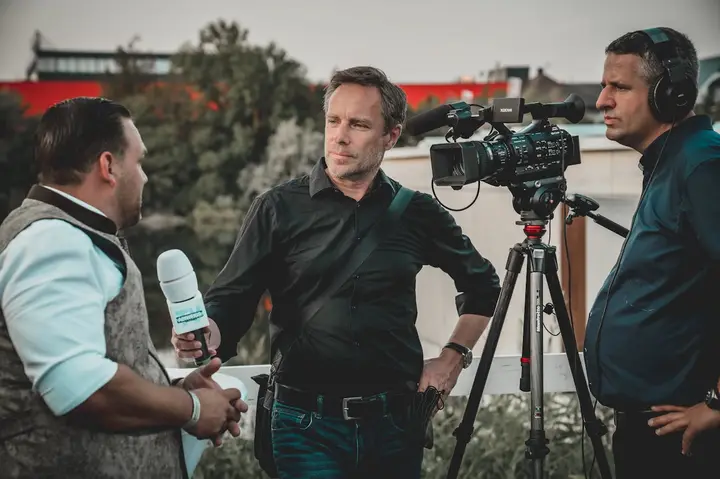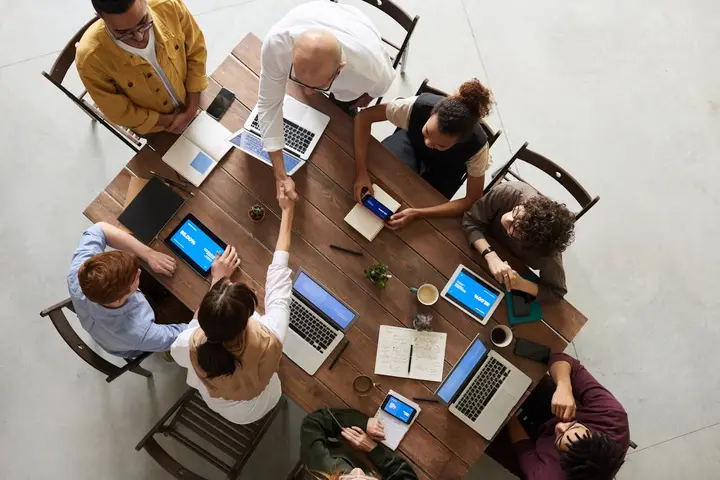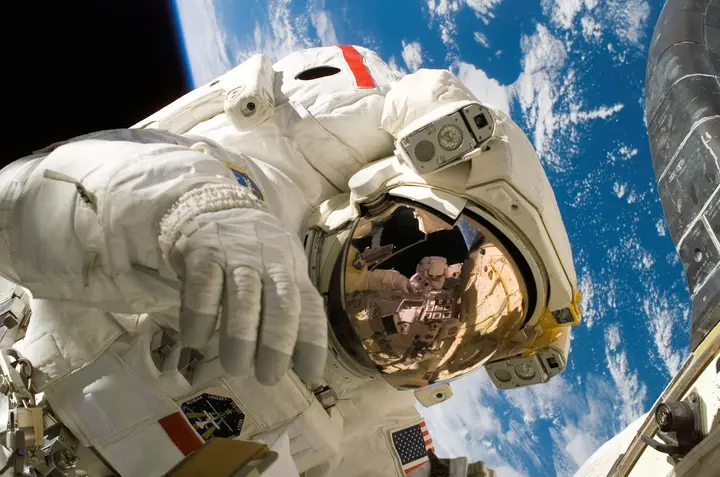The Enigma of Pinduoduo: A Deep Dive into the E-Commerce Giant's Global Ascent
Posted by: sunxin in News 3 months, 3 weeks ago
Pinduoduo is a name that has sent ripples through the e-commerce world, yet it remains an enigma wrapped in the shroud of secrecy. This isn't just another online marketplace; it's a trailblazer that has rewritten the rules of retail logistics, offering a blend of incredibly cheap prices and a unique shopping experience. But what is the true nature of this company, and what does it portend for the future of global e-commerce?
Unveiling the Tsunami of Climate Data: Are We Ready for the Storm Ahead?
Posted by: sunxin in News 3 months, 3 weeks ago
The quality and quantity of data flooding into the world's weather centers have reached unprecedented levels, akin to a digital tsunami. The technology we now possess in space is nothing short of incredible, and yet, it raises a pivotal question: how can we ensure the accuracy of this data amidst a sea of variables?
The Paradox of Petrostates: Navigating the Energy Transition
Posted by: sunxin in News 3 months, 3 weeks ago
As the world hurtles towards a greener future, the writing on the wall for oil-dependent economies is becoming increasingly legible. The energy transition, once a distant concept, is now gathering pace, and with it, the specter of lost revenues looms large. A groundbreaking study by financial think-tank Carbon Tracker reveals a stark reality: economies heavily reliant on oil and gas risk losing a staggering $8 trillion in revenue by 2040 if global climate pledges are met.
The Unlikely Empire: Lego's Extraordinary Journey from Bricks to Blockbusters
Posted by: sunxin in News 3 months, 3 weeks ago
Lego, a name synonymous with childhood, has an astonishing business model – purchasing ABS plastic for $1 a pound and selling it for 50 times that amount. With more Minifigures than humans on the planet, the company has built an empire that defies conventional wisdom. But how did a simple brick become a global phenomenon?
The Tug of War: Tories and Labour on the Brink of Election
Posted by: sunxin in News 3 months, 3 weeks ago
The political landscape in the UK is a chessboard of strategies, predictions, and uncertainties. As the Tories and Labour gear up for the upcoming election, the stage is set for a showdown that could redefine the political future of the nation.
Navigating the Post-Brexit Landscape: A Path Forward for the UK
Posted by: sunxin in News 3 months, 3 weeks ago
The journey post-Brexit has been fraught with challenges and uncertainties, a reality that has left many farm businesses in a state of flux. The question of where we go next on this journey is paramount. As we stand at the crossroads of political and economic change, the call for clarity and a strategic vision for the future is louder than ever.
Is Recycling the Key to Sustaining the Green Energy Transition?
Posted by: sunxin in News 3 months, 3 weeks ago
As we stand on the cusp of a greener future, a pressing question looms: Could recycling be the panacea for the impending shortages of metals vital to the green energy transition? The shift towards renewable energy sources demands a substantial amount of metals, such as copper, nickel, and lithium, far exceeding current production levels.
The Future of Green Energy: The Challenges of Long-Distance Transmission
Posted by: sunxin in News 3 months, 3 weeks ago
The green energy revolution is not just a fleeting trend; it's a full-fledged movement gaining momentum by the day. With projections indicating that global renewable capacity will hit an impressive 7,300GW by 2028, the push for cleaner energy is undeniable. However, as we strive for higher wind yields and seek to harness energy from distant sunny or windy regions, a new challenge arises: the increasing distance green energy must travel.
The Race to Unite: A Vision Beyond胜利
Posted by: sunxin in News 3 months, 3 weeks ago
Are we on the brink of a monumental victory, or is the chaos at the capital a reflection of our nation's true state? As the youngest new face in the US Senate, Democrat Joseph Biden of Delaware embodies a hope for change. But can we truly unite in these tumultuous times? Let's explore the path ahead.
The Unconscionable Waste of Taxpayer Funds: A Deep Dive into a Flawed Government Scheme
Posted by: sunxin in News 3 months, 3 weeks ago
Two and a half years ago, the previous government embarked on a controversial scheme that has left many scratching their heads. Today, I'm compelled to shine a light on the staggering £700 million that has been squandered from the pockets of British taxpayers. This astronomical figure is the cost of sending a mere four volunteers to Rwanda. How did we get here, and what does this say about our approach to public spending?
Recent Posts
- Tragedy Unfolds: The Heartbreaking Attack at Mogadishu's Leo Beach
- Clash in Liverpool: The Battle Between Anti-Racism and Anti-Immigration
- Tragedy Unfolds: Kerala's Heartbreaking Battle with Landslides
- Tragedy in Tarim: A Glimpse into the Aftermath of Israeli Aerial Strikes
- The Tragic Attack on Hamama School: A Story of Innocence Lost in Shik Radwan
Categories
- Official Announcement (3)
- News (1653)
- 新闻 (28)
- Technology (300)
- 科技 (235)
- 科普 (418)
- Science (409)
- 公开课 (180)
- MOOC (183)
- Business (36)
- 揭秘 (143)
- Mysteries (124)



